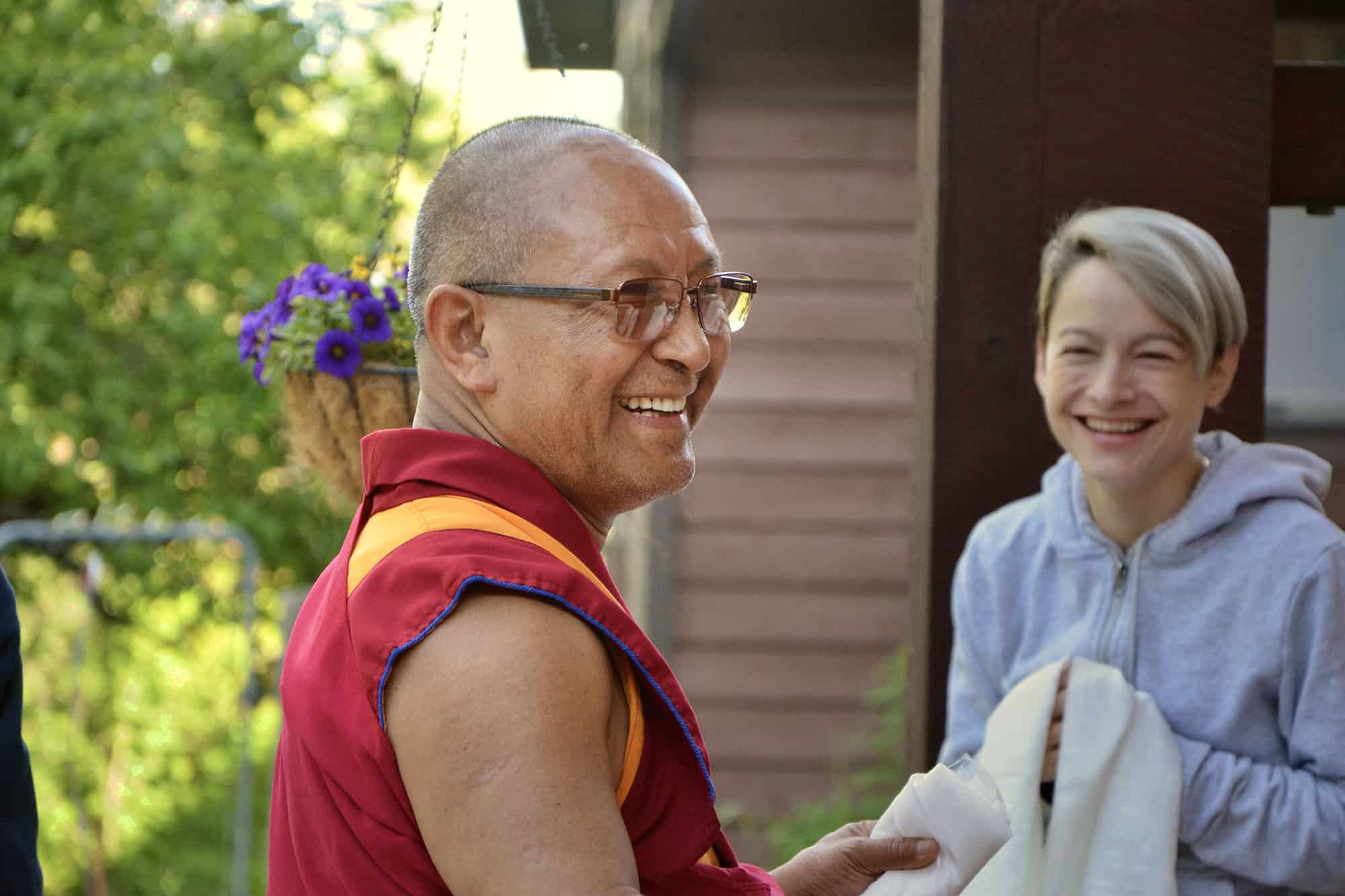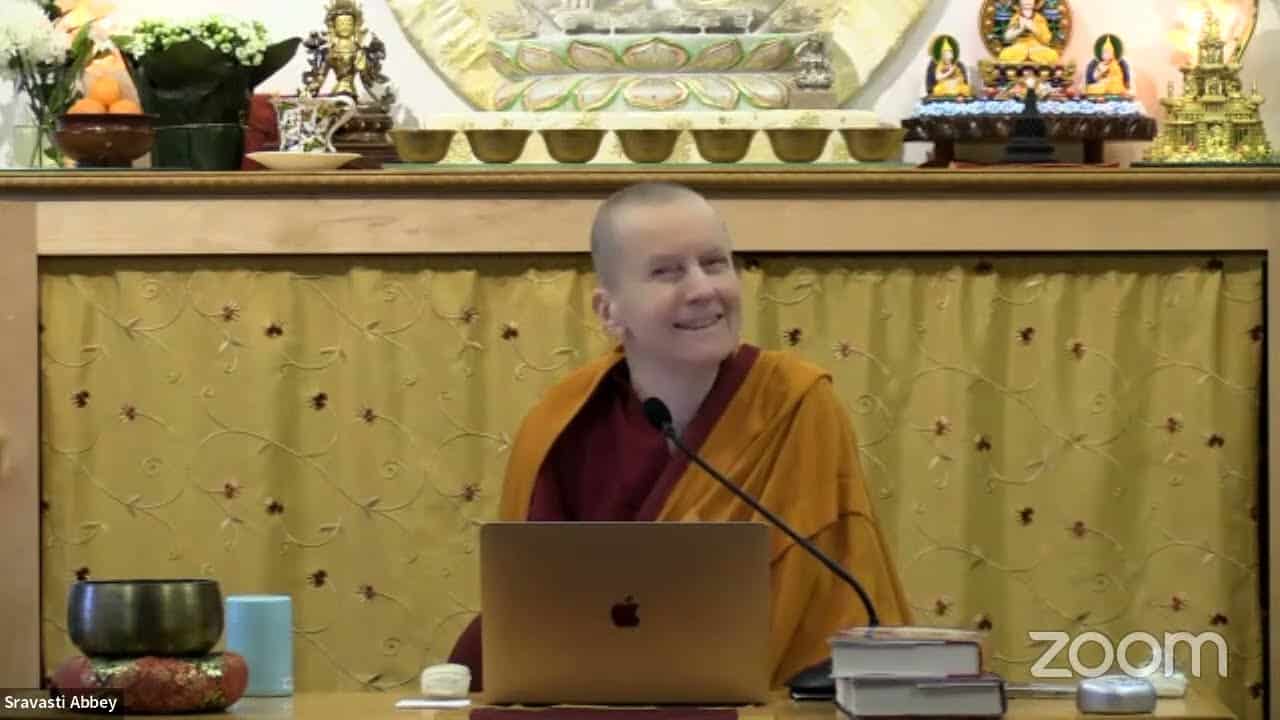The coffee pot: A test of my tolerance

Here, at the prison where I live, everyone dreads the coffee pot. Unlike a majority of the prisons in North Carolina, Nash does not have hot water readily available for cooking. Instead, each block has a hot pot which holds about five gallons of water. Unfortunately, we have to fill the pot up every time it runs out; plus, it is no one’s job. Over half the population is coffee drinkers and packaged soups are a staple canteen item, so the water usually runs low every two to three hours. Either a person can take the empty pot to the nearest shower, which has a spigot; or, a person can take the pot to the janitor’s closet, next to a shower across the block. On a regular basis, one can find the pot nearly empty, and the last person to get water has chosen not to refill it.
It’s a common occurrence and understandable one too for a person to react with more than a cluster of frustration. Sometimes a person chooses to voice how they feel about the individual who has decided not to fill the pot up. We can choose to allow the situation to get us hot and boiling over with anger. Routinely, when a person voices their anger, numerous guys are there to join in those unhealthy feelings. However, we can change the narrative and see the hot pot situation as an opportunity to practice our patience and servitude. To do this, we must prepare ourselves well in advance. Instead of a mindset of apprehension, we can have grounded intentions for future occasions to help our fellow neighbor.
I used to get upset when seeing the empty hot pot. Yet, after numerous weeks of practice, I now look forward to refilling the pot. While topping off the vessel, I replenish my heart with kindness toward the people in this dorm. In addition, even if it isn’t completely empty, I still fill it up, especially if there is no line for water or for the microwave. That takes a degree of mindfulness and commitment. Now, I feel good about volunteering to fill the pot up. Was there ever any praise coming my way by turning to hot anger when interacting with the empty pot? No. Likewise, choosing to view the empty pot as a lesson in volunteering, we begin to see benefit where before we didn’t. An empty pot should never cause us to empty ourselves of compassion and a wonderful chance to help others.
Photo by Ben Schumin.
Albert Ramos
Albert Gerome Ramos was born and raised in San Antonio, Texas. He has been incarcerated since 2005 and is currently enrolled in the North Carolina Field Minister Program. Upon graduation he plans to start programs that help incarcerated people with mental health issues, drug dependency, and those who struggle from childhood trauma. He is the author of the children's book Gavin Discovers the Secret to Happiness.


